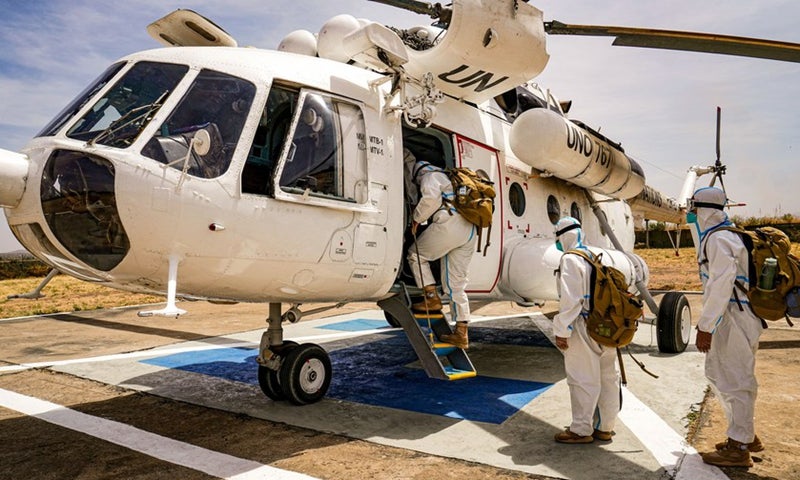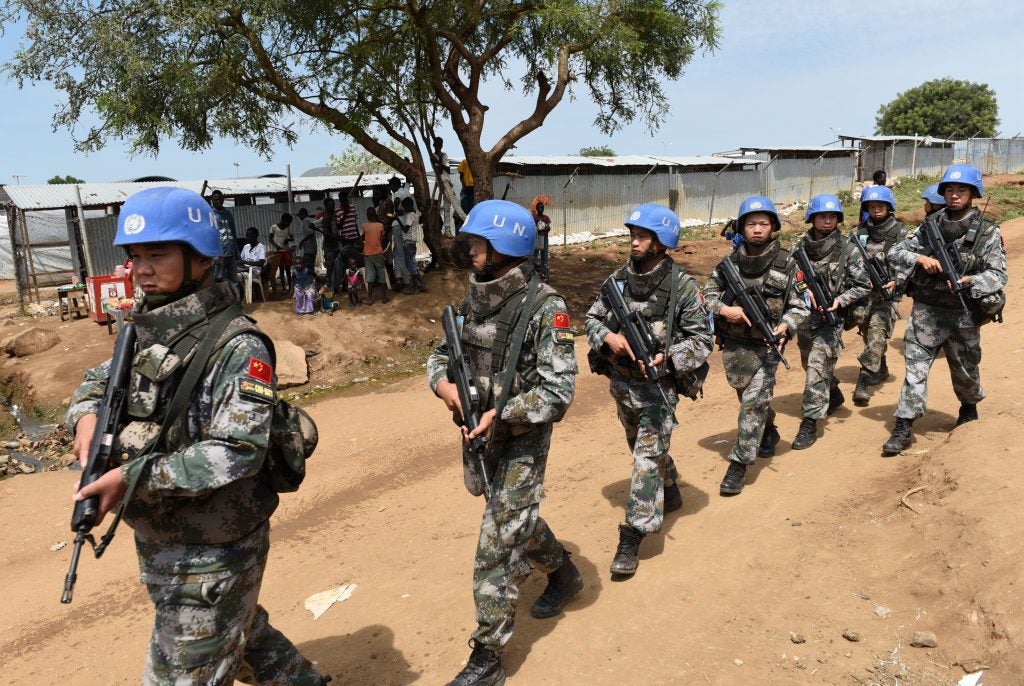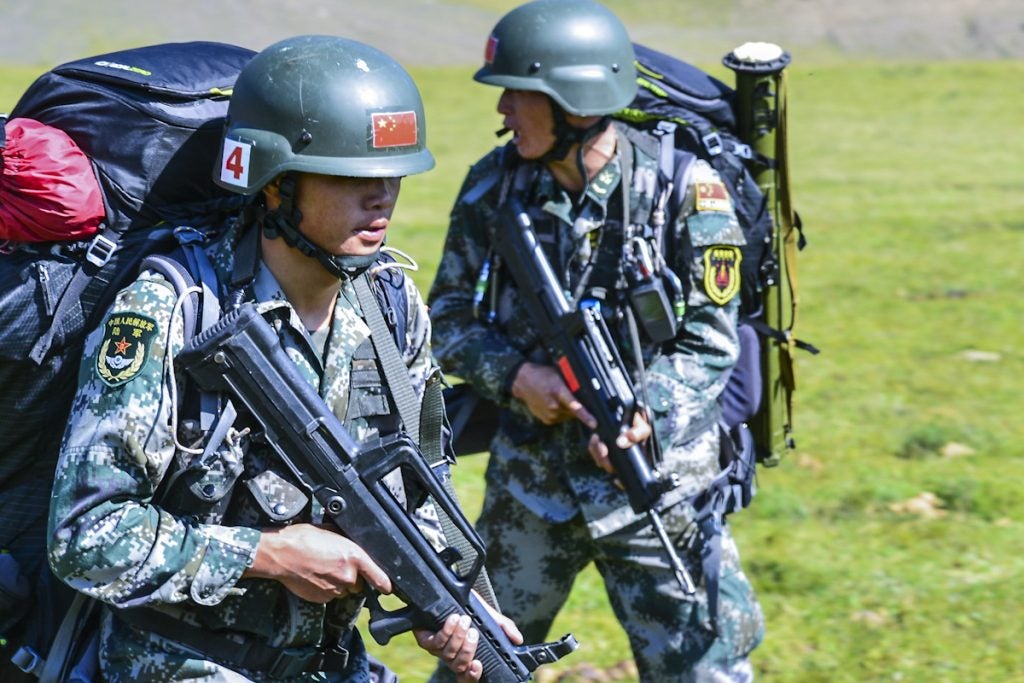Xi Jinping Signs Order Setting Rules for Chinese Military Action Abroad
Chinese state media announced that Xi Jinping has signed a new order which will provide the legal basis for overseas Chinese military operations other than war. According to the Xinhua (Chinese state media) press release:
“The outlines aim to protect people’s lives and property, safeguard national sovereignty, security and development interest, and safeguard world peace and regional stability. The outlines, comprising 59 articles in six chapters, serve as a legal base for military operations other than war and will take effect on June 15, 2022.”
Following the many military invasions and extensive overseas support for pro-CCP revolutionaries that characterized the Mao period, China had retreated to a non-interventionist posture under Deng Xiaoping which it used as the basis of criticizing the West and even the Soviet Union. However, as Chinese global investments and policy have brought Chinese citizens and investments to dangerous places in Africa and Asia, the need for an expeditionary military capable of handling limited security actions, humanitarian operations, peacekeeping, evacuations, and other military operations other than war have emerged. Moreover, the rising image and status of the modernizing and expanding Chinese military under Xi Jinping’s reforms have led to the Chinese public developing the expectations that China will take action to protect citizens abroad.

In recent years, regular Chinese military deployments abroad have been extremely limited. While new base agreements with countries in Africa and the Indo-Pacific had made headlines, the majority of Chinese military activities abroad have gone overlooked. Chinese private military companies operating in the developing world are overshadowed by their Russian and Western equivalents such as the Wagner Group and Blackwater. Similarly, little attention has been paid to Chinese peacekeepers deployed under the UN who are often used as de facto security forces for Chinese citizens and investments when required.

With this context in mind, the new order, issued on 13 June, means a significant change for the shape of Chinese military operations abroad. As China has already dropped its previous low-profile approach to military buildup, it is possible that this new order will pave the way for an expanded scope of Chinese military operations overseas – this time carried out directly by regular Chinese forces.
Moreover, the order contains a direct threat to the independence of Taiwan. One of the aims of the new order is to “safeguard national sovereignty”. A Chinese framing of an invasion of Taiwan seeking unilateral reunification as a special military operation aimed to safeguard national sovereignty is not hard to imagine.
Header Image: Landing of participants in the Elbrus Ring competition from Mi-8 helicopters, followed by a mountain march at Terskol training ground, Kabardino-Balkaria, 2017 (Igor Rudenko/Mil.ru)

